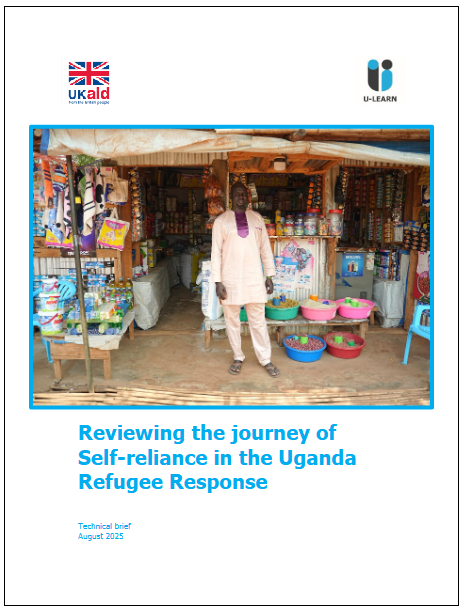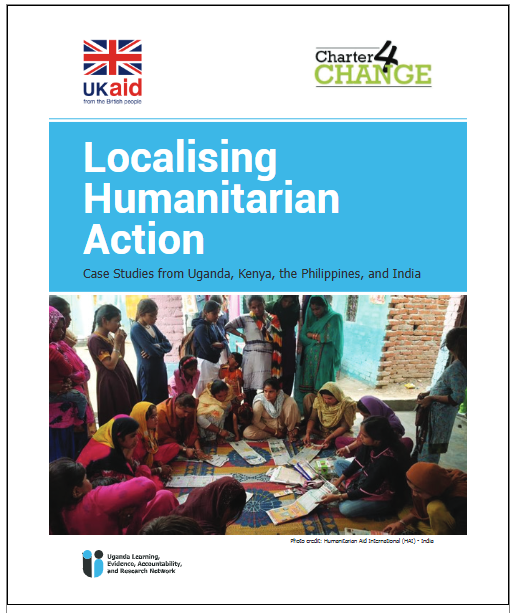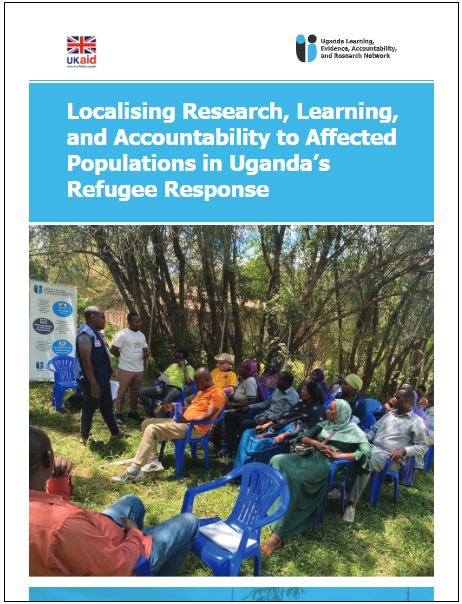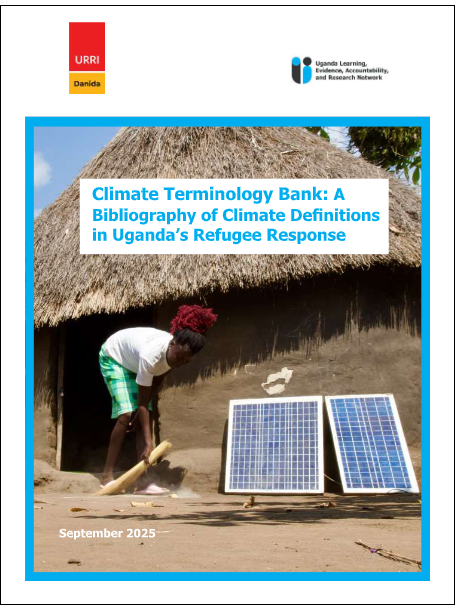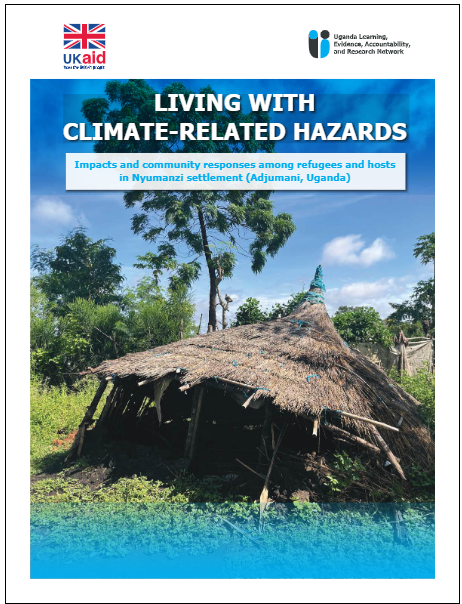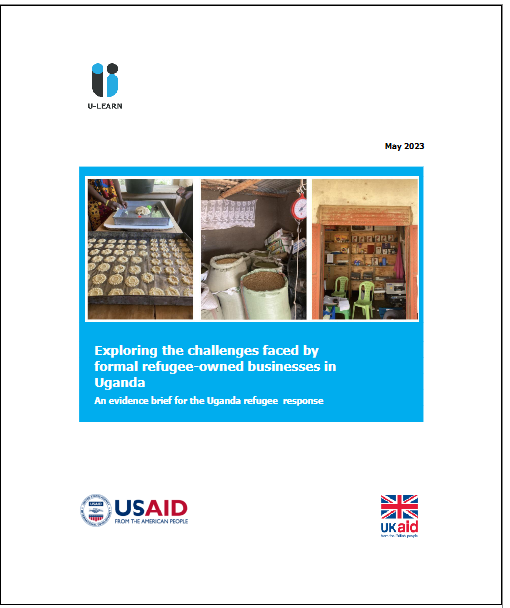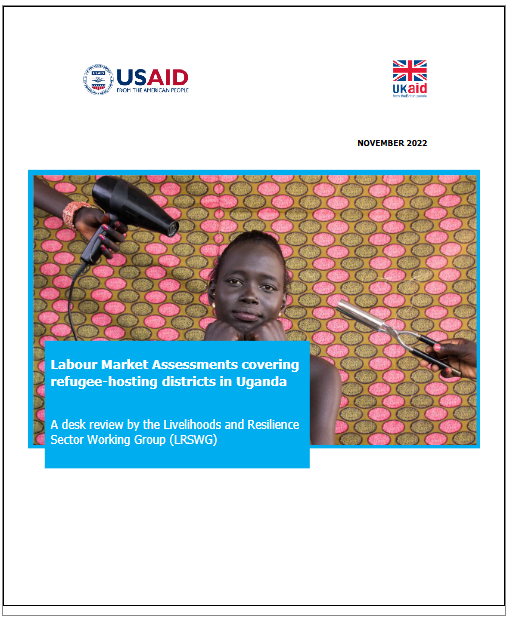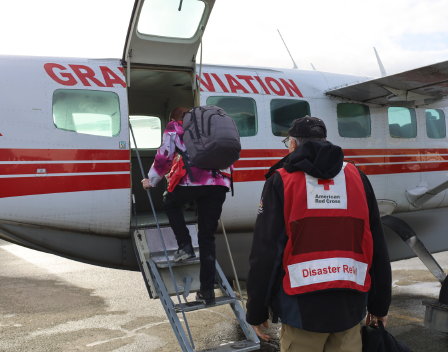Reviewing the journey of Self-reliance in the Uganda Refugee Response
The Self-reliance brief captures the state of affairs of self-reliance policy and programming in Uganda’s refugee response. It analyses evolving trends, highlights questions and concerns, and reflects on ways forward. Ultimately, the goal is to inform and guide key actors (i.e. the government, refugee actors and their partners, donors) in their efforts to formulate, support, […]
Reviewing the journey of Self-reliance in the Uganda Refugee Response Read More »

